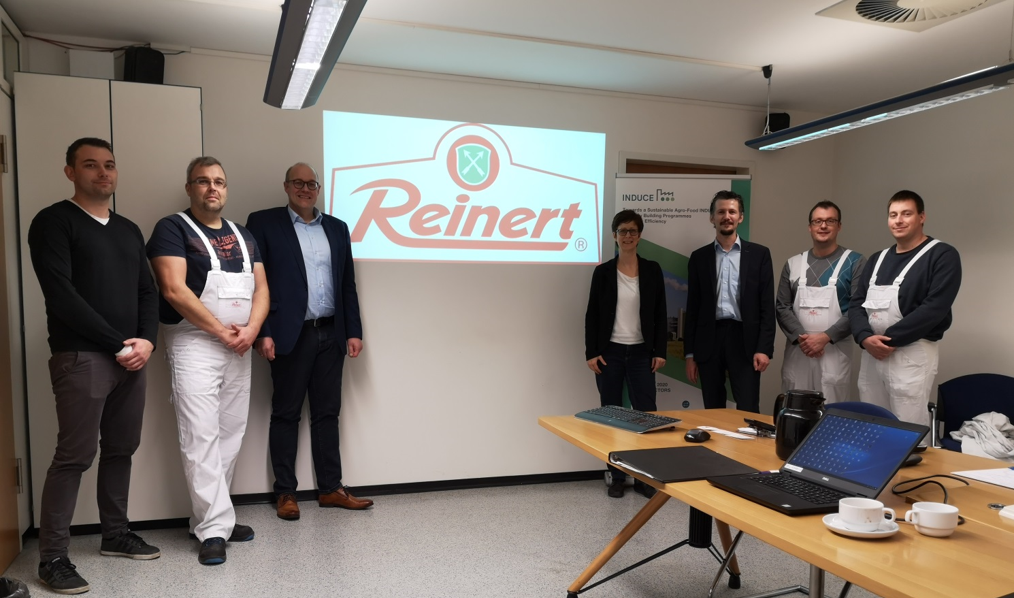
In Germany, the partner responsible for implementing the INDUCE Methodology in the 3 German pilot companies is Ökotec Energiemanagment GmbH with the support of the consortium partner Food-Processing Initiative e.V. (Cluster of German Food and Drink Industries).
The needs of the companies were carried out by a company assessment in each of the German companies. The assessment was performed jointly by the partners of the INDUCE consortium in Germany (ÖKOTEC, Fraunhofer ISI and FPI).
The outcome of the previous assessments formed the basis for the training activities. During the Energy Assessment in the German pilot companies, it became clear that GAPs mainly referred to the points recently addressed by the new ISO 50001:2018, a) Measurement and verification of energy performance, b) communication processes between the relevant people in energy field and the energy team (e. g. controllers, maintenance, energy manager). In addition, gaps in the communication of the cost-effectiveness of energy efficiency measures were identified as business cases. With this information in mind the first training was built to close the GAPs resulting on the new ISO 5001:2018. The second training was built on communication.

The previous assessment shows also the need for software tools to make it easier for engineers to measure energy performance and business cases. Therefore, ÖKOTEC developed suitable tools to assist pilot companies.
The agenda for the training content was adapted to the needs of the three different companies. The first trainings took place in Winter 2019/2020 and were primarily focused on the main modifications of the ISO 50001:2018.
The use of the tools was also part of the trainings.
The focus of the second training will be on communication. To establishment a working communication processes and to close the GAPs in communication this topic is of great relevance.
The objective is to build a communication structure that makes sure that several people from different areas of the company work together (hand to hand). This is one of the golden keys to make energy management a “living system”. In relation to this the communication training will focus on:
The aim of the training is to develop a communication plan for the energy team.